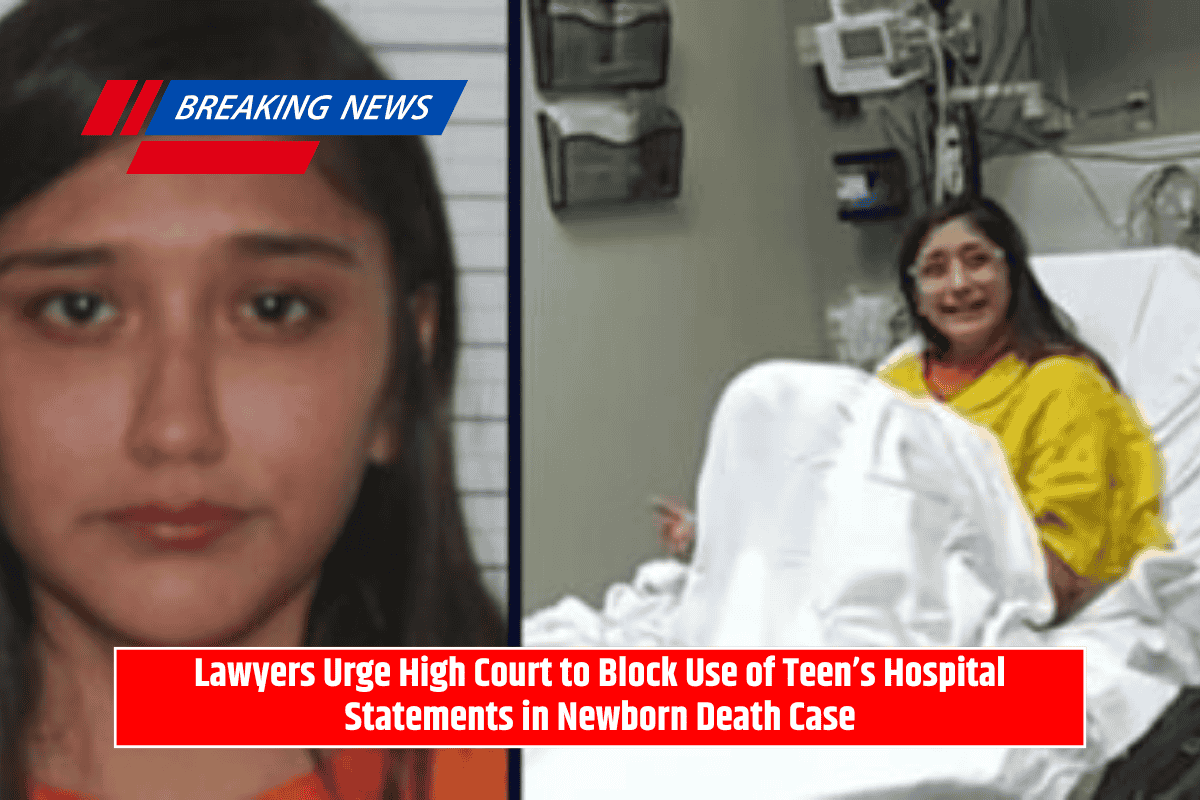A high-profile case in New Mexico is raising tough legal questions about medical privacy, police procedure, and patient rights. The state’s Supreme Court heard arguments this week on whether statements made by 21-year-old Alexee Trevizo, from her hospital bed, can be used against her in court.
Background of the Case
In January 2023, Trevizo, then 19, gave birth in a hospital bathroom at Artesia General Hospital. Staff later found her newborn baby boy dead in a trash can. Prosecutors allege Trevizo murdered the child, but she claims he was stillborn. She was arrested on charges including first-degree murder and tampering with evidence.
The Controversial Statements
Soon after the baby was discovered, police officers accompanied a doctor into Trevizo’s hospital room, where she allegedly said:
“I’m sorry, it came out of me and I didn’t know what to do.”
“I was scared … it was not crying or nothing.”
Her lawyers argue these remarks should be thrown out because:
They were made in a medical setting, protected by doctor-patient privilege.
She was not read her Miranda rights, despite being effectively in police custody.
A district judge agreed and suppressed the statements.
The State’s Argument
The prosecution wants the Supreme Court to overturn that ruling. Assistant Solicitor General Michael Thomas argued that Trevizo’s comments were not the result of police interrogation, but spontaneous remarks. He said the lower court misunderstood the law and wrongly excluded key evidence.
Justices, however, questioned the state’s position. They noted:
Two armed officers were in or near her hospital room.
Police entered with doctors while Trevizo was examined.
Trevizo might have felt she was not free to leave, making the situation custodial.
Chief Justice David K. Thompson even pushed back, saying admitting all her statements could “open up” medical privileges in dangerous ways.
Defense Concerns
Trevizo’s lawyer, Amber Feyerberg, stressed that the case could affect all patients in New Mexico. She argued that mixing medical care with police investigations erodes trust and puts vulnerable patients at risk. “Physicians are caregivers, not investigators,” she told the court.
Her defense has also claimed that hospital staff mishandled Trevizo’s care, giving her medication unsafe for pregnancy, and is suing the hospital for wrongful death.
Where the Case Stands
The justices did not issue an immediate ruling and said they would take the matter under advisement. If the Supreme Court sides with the state, prosecutors may regain critical evidence for trial. If not, their case could be severely weakened.
This case highlights the sensitive balance between law enforcement investigations and patient privacy. The New Mexico Supreme Court’s decision will not only shape Trevizo’s fate but could also set a precedent affecting medical confidentiality and police conduct in hospitals statewide.
Until then, both sides wait as the court weighs the boundaries of privilege, privacy, and justice.
